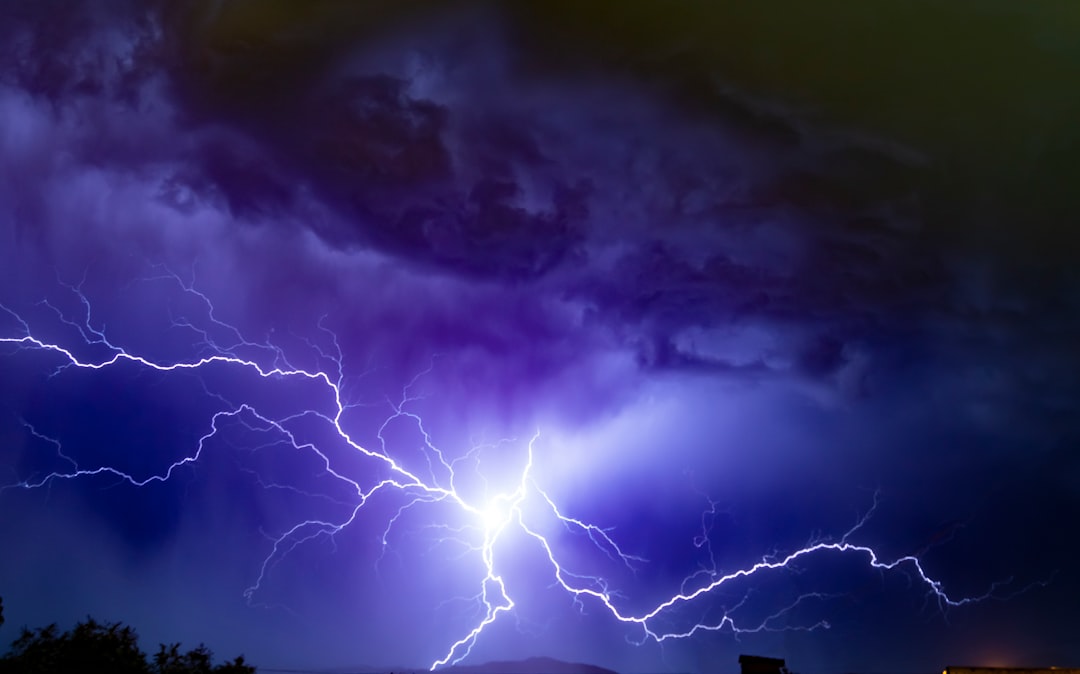Disordered anxiety. You hear that phrase from me all the time. Why do I make it a point to use that term? Why don’t I just say “anxiety” and be done with it? Well, sometimes I do. But sometimes it’s important to differentiate between “regular” anxiety and disordered anxiety. Regular anxiety is a normal part of any healthy human life.
Every human experiences anxiety sometimes and to some degree. Sometimes it’s a vague uneasiness or sense of worry. Sometimes it can be stronger and more impactful. I might argue that even a full panic attack can be “regular” anxiety depending on context. Lots of people experience panic attacks once in a while without ever developing an anxiety disorder, so we could say that panic is also part of regular anxiety, just on the extreme end of the spectrum.
What makes regular anxiety … well … regular?

In a nutshell, it’s the source of the anxiety that determines this.
When some external influence presses on us, we may experience anxiety as a result. What kind of external influences? Final exams. Relationship breakups. Losing a job. The death of a loved one. The birth of a child. An argument with a friend. Double overtime in game 7 of the Stanley Cup finals. The list of external influences that might trigger anxiety is endless, but when we come into contact with a stressor of some kind - negative or positive - we may experience anxiety as a result. This is what I’m calling regular anxiety today. I’m guessing that you can understand this.
But if you are reading this, the odds are high that regular anxiety isn’t really your problem. You might be wishing for days when you can experience regular plain-old run-of-the-mill anxiety! I feel you on that. I remember those days. But it is important to recognize the fact that you DO experience regular anxiety, even when gripped by panic disorder, agoraphobia, OCD, or other disordered anxiety issues.
When life gets stressful or throws big events or changes at you, it is completely normal to feel anxious about that sometimes. And I would bet a large sum that you do! If you’re trying to recognize regular anxiety in your life, do your best to pause when anxious and consider the context you’re in. If you just had a big fight with your partner, that’s a clue. If you’re experiencing money issues, that’s a clue. If your middle child is driving you crazy and you don’t know what to do, that’s another clue. Your initial response to these things is quite likely “regular” anxiety. You’re human, and you are allowed to have that response. Please do not make the mistake of gluing harsh self-judgment and catastrophic thinking to instances of regular anxiety. That is not helpful nor required.
When life presses on you, you are allowed to get anxious. Keep your eyes open for instances of “regular” anxiety. See if you can get more skillful at evaluating the situation you are in so that you can see when you are reacting to the world like any human would. It can make a big difference in the way you see yourself, and therefore in your recovery progress.
I can’t cover a topic like this without acknowledging that for most of you reading this edition of The Anxious Morning, regular anxiety often goes off the rails and winds up on fire in a ditch, morphed into disordered anxiety that you will call a disaster. I know this makes it difficult for you to remain objective and presents a challenge in recognizing when you’re just being human. So tomorrow we’ll look at how and why regular anxiety triggers a disordered response for so many in our community.
I’m traveling this week so no Monday live stream, but you can access all past Recovery Monday videos on my YouTube channel.











Share this post